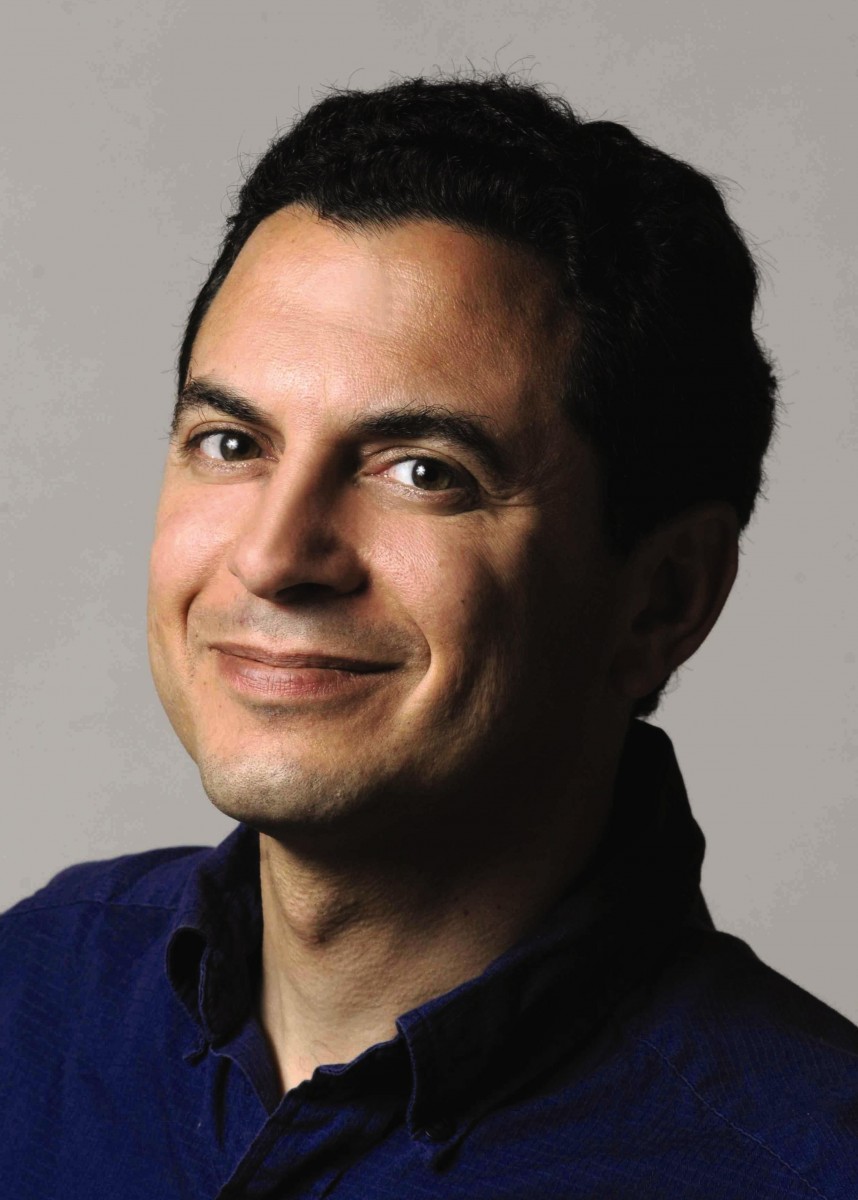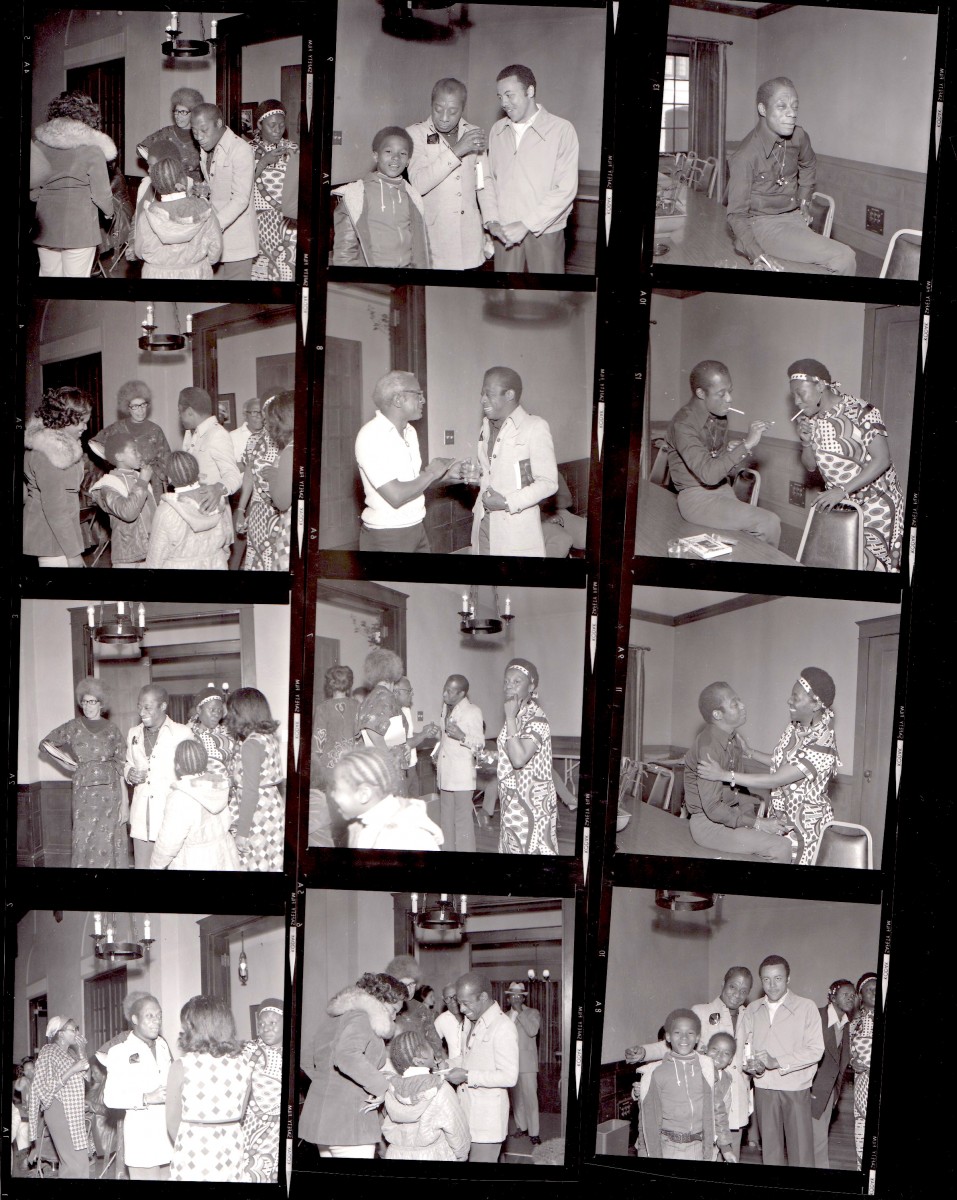
Please join the DLA and Davis Educational Foundation Curricular Grant Steering Committee in welcoming Scott Saul, professor of English and American Studies at University of California-Berkeley, to Middlebury on Wednesday, May 2nd, and Thursday, May 3rd. Scott will be discussing his digital research, teaching, and public scholarship. The following events are open to faculty, students, and staff.
Wednesday May 2
DLA Lunch Conversation: Scott Saul, The Berkeley Revolution—Students Develop a Digital Archive of One City’s Transformation in the Late-1960s & 1970s, 12-1:30 pm, CTLR Lounge, Davis Library. Lunch served, please sign up.
Talk: Scott Saul, Reckoning with Richard Pryor—The Seventies Comedy Explosion in the Wake of #BlackLivesMatter & #MeToo, 4:30-6 pm, Axinn 229. Light refreshments, open to the public.
Thursday, May 3
DLA Lunch Conversation: Scott Saul, Chapter & Verse—Podcasting the Digital Public Humanities, 12-1:30 pm, Library 105B, Davis Library. Lunch served, please sign up.

Scott Saul is a Professor of English at UC-Berkeley, where he teaches courses in American literature and history. The author of Becoming Richard Pryor and Freedom Is, Freedom Ain’t: Jazz and the Making of the Sixties, he is also the creator of Richard Pryor’s Peoria, an extensive digital companion to his biography of the comedian, and The Berkeley Revolution: A digital archive of one city’s transformation in the late-1960s & 1970s, a website and collective project that emerged from an honors undergraduate seminar in American Studies at UC-Berkeley, “The Bay Area in the Seventies,” taught by Scott in the spring of 2017. He also writes as a cultural critic in The New York Times, Harper’s Magazine, The Nation, Bookforum, and other publications and hosts Chapter & Verse, a books-and-arts podcast sponsored by UC-Berkeley’s Doreen B. Townsend Center for the Humanities that probes the cultural imagination—what Joan Didion once called the stories we tell ourselves to live. It delves into novels, nonfiction, poems, music, film, and other touchstones of our culture, with an eye to the spells they cast and the questions they raise.
